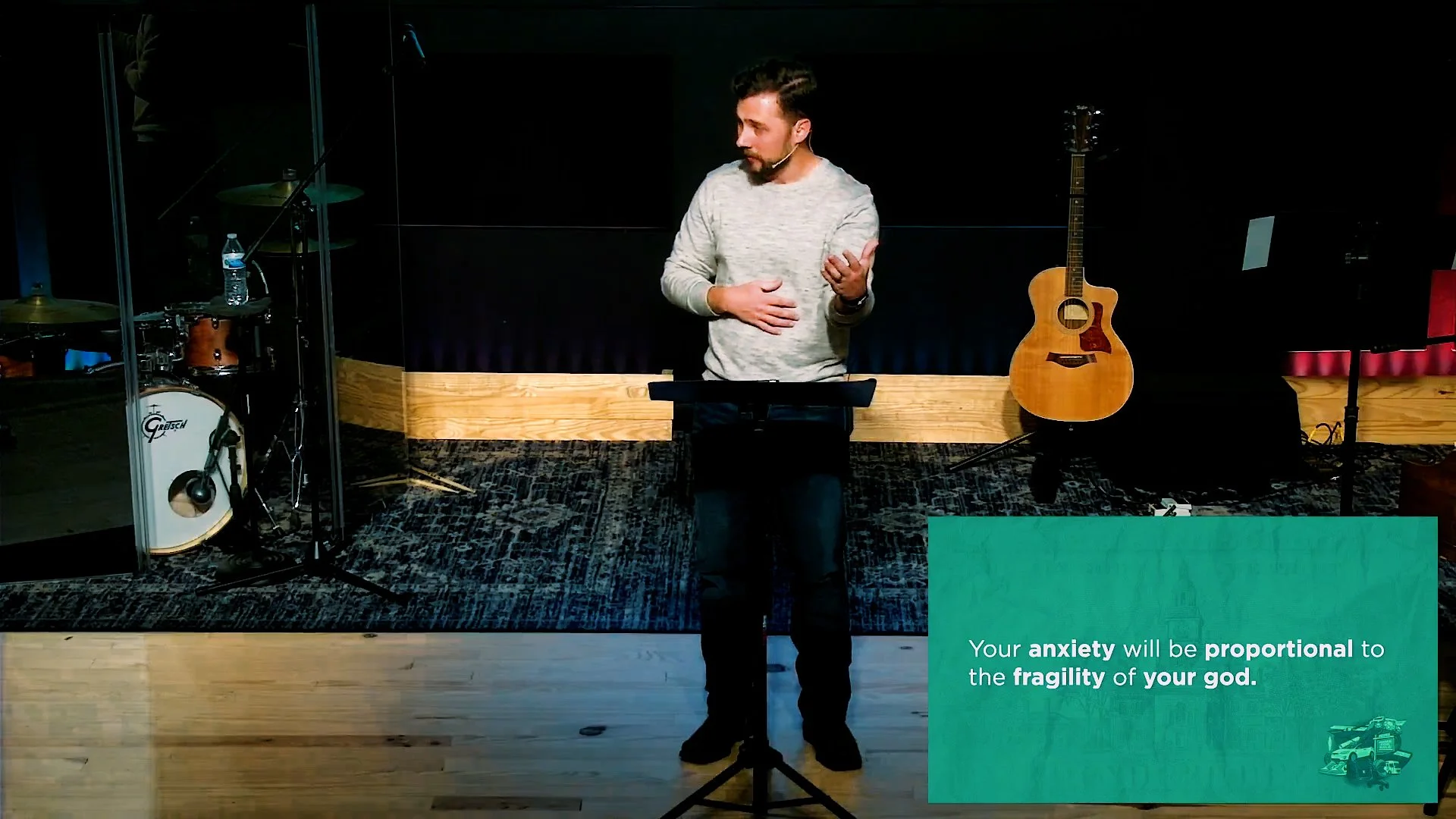Sermon by Michael Bailey on March 12, 2023.
In Luke 12, Jesus is aware that money can be a trap for us. Even if we’re not overtly pursuing wealth and possessions, money can quickly become a source of worry and frustration. So how do we think about money biblically and leverage what we have for the kingdom of God?
WEEK 2 HOMEWORK
Here are some goals for you to consider for your homework this week. You may have additional financial goals you want to set as well. If you are currently not practicing any or some of these goals, we encourage you to use them as a starting point.
Goal 1 - Start giving
Generosity is a step in trusting that God will provide for all you need as you seek to advance his kingdom first. Scripture calls us to start with generosity to God and then meet our basic needs. What our Midtown members commit to in our membership covenant is giving 10% of their income to Midtown as a baseline. If you are not currently tithing, start there as a first step in following Jesus with your finances. Then, give to other ministries and missionaries as you sense the Lord leading you. The goal is to start somewhere. Aim to increase your generosity from year to year.
Goal 2 - Save for an emergency fund
Financial emergencies happen to all of us. An initial great savings goal is to save $1,000 as a starter emergency fund. If you have $1,000 saved, the next goal would be to save three to six months of your basic living expenses. If you haven’t experienced an emergency yet, it will happen to you at some point. Your car might break down, and you have to replace it. You may have an unexpected hospital visit. You may lose your job or have a reduction in income. If emergencies are going to happen, you would be wise to save for them. Having money set aside for emergencies will help you avoid having to go into debt.
Goal 3 - Make a budget
The next financial goal is to create and follow a budget. Proverbs 27:23 says, “Know well the condition of your flocks, and give attention to your herds.” The practical implications for you are to make a plan for your regular income, have a budget, and tell your money where to go. Know what’s coming in and know what’s going out. If you don’t, you will only wonder where it went. As managers of what is God’s, we want to tell money where to go rather than be mastered by it. In the coming week, we will have some homework time for you to put a budget in place if you don’t already have one or make tweaks as needed if you do.
Goal 4 - Make a plan to pay off all debt(s) you have (except your home mortgage)
If you currently have bad financial debt, a great goal would be to create a plan to get out of debt as quickly as possible. This plan should only be done after you have at least $1,000 for an emergency starter fund. Bad debt would be credit card debt or debt on an asset depreciating. A home mortgage would not fall in this category as you are investing in an asset generally appreciating in value. If you’re unsure about what is meant here, ask someone in your Lifegroup that you know and trust regarding personal finances for their insight and wisdom.
Goal 5 - Save for future expenses
If you have money saved for emergencies, a working budget you stick with, and living debt-free, you will need to consider other goals. Plan ways to save for upcoming expenses such as retirement, a car, a college fund for your kid, or a vacation. That way, instead of going into debt later, you can save now to pay for future expenses.
Goal 6 - Build up the church
Some of you are great examples and models for our church family in stewardship and generosity. You are exemplary in what you do, which is part of your giftedness. Consider ways to invest your wisdom and giftedness into your LifeGroup. How might you be a resource to others in your group that are just beginning to learn how to manage their finances? In addition, are there areas you can trim down to be even more generous? Consider ways Jesus invites you to live with less to invest even more courageously towards seeing his kingdom advance.

